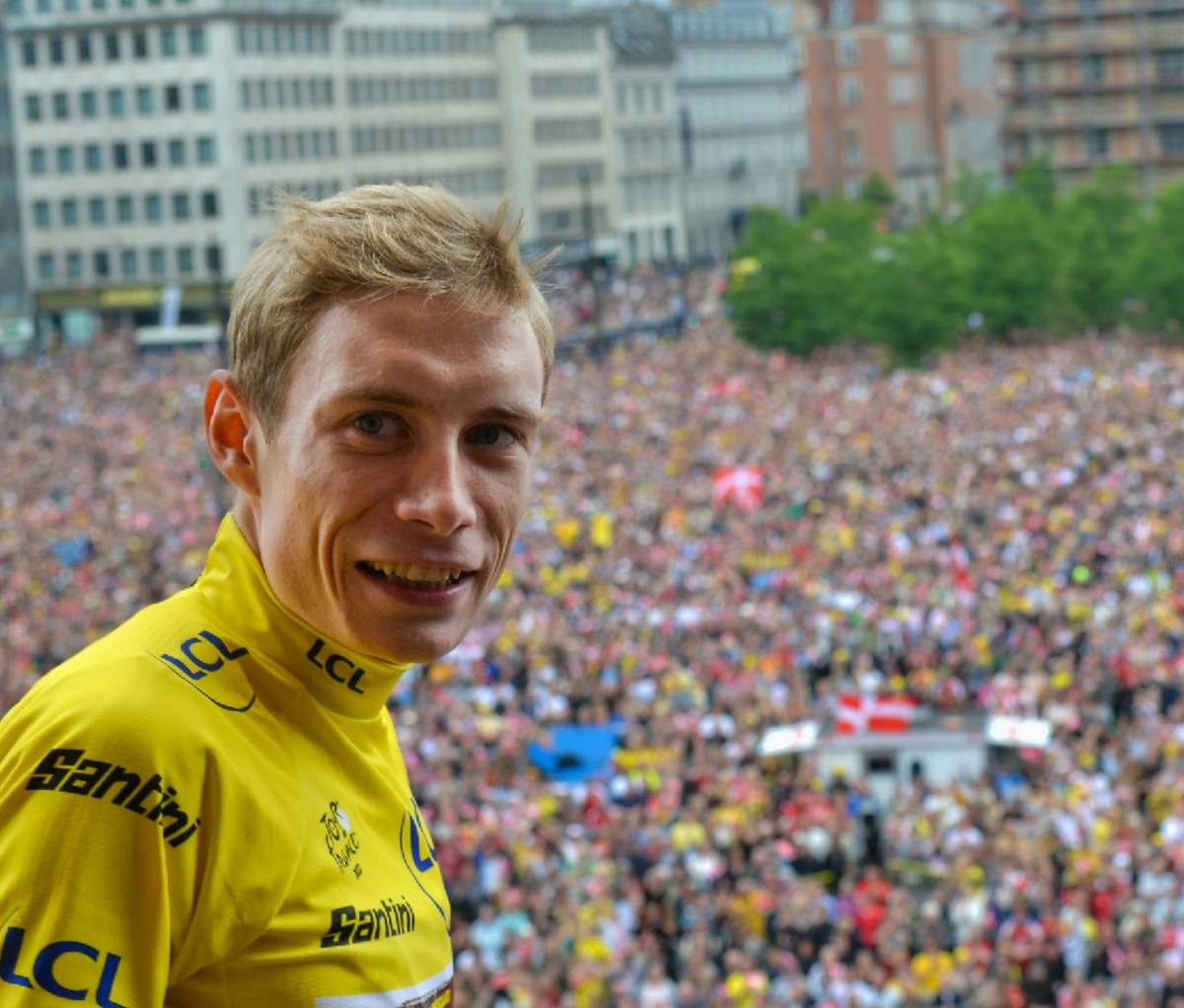No products in the cart.
Fitness Tips
Retracing the Tour de France Route in Denmark
After making our way to Hotel Kong Arthur, located on historic Copenhagen Lakes on a cobblestoned alley, we make like the Danes and grab two hotel bikes to head out across Queen Louise’s Bridge—the world’s busiest bicycle street. Yes, hotels come with bikes, and bike shops come with hotels. At a café off Blagardsgade Avenue, we realize the place really is bike crazy—especially now with Vingegaard’s win, which is taking the sport along for the ride. Two-wheeled travel has simply taken over. Sipping our Tuborg beers, we see bikes of all walks, from recumbents and other low-riders to breakdowns, those with carts in front and behind, and even those with seats suspended by weird webbing. It’s like a scene from Dr. Seuss, from straight-backed bike-boozas to pedal-paloozas. If they’re not being ridden, they’re parked. Hundreds of bikes are angled next to each other in neat rows. Just beware the domino effect if you accidentally knock one over.

2022 Tour de France champion, Denmark’s Jonas Vingegaard Courtesy Lars Moeller/VisitDenmark
In the morning, we grab our bikes again to tour the Tour route with Christian Hougaard from Copenhagen Cycling. The reason biking is so popular here, he says, as we pedal away, is because the country “is totally flat, the infrastructure is great, and everything is close.” And in the city, he adds, built before anyone even thought of cars, “we can get everywhere quicker by bike than by car.” Plus, cars are heavily taxed and parking is expensive. “Only 30 percent of people in Copenhagen have one,” he says. “Biking is much easier than walking, running, driving, getting on a bus, or catching a cab.”
Thanks to the foresight of city architect Jan Gehl, now 80 and retired, the government has helped the cause by building bike-specific bridges and lanes while reducing car lanes. As we ride, Christian points out such bike-friendly features as bike lanes having their own curbs for protection from cars, their own speed bumps, and crosswalks and painted turn lanes. In some places, bikers even have their own traffic lights, as well as ankle-high metal rails so you don’t have to disembark. Even the trash cans are positioned at a forward angle to toss in garbage as you ride by. Come winter, the bike lanes are plowed before car lanes. In school, kids earn bike training certificates at ages 6 and 10—and there’s even a government-funded “bike playground” where children can practice, complete with mini-bike paths, traffic lights, and angled trash cans.
Source link

